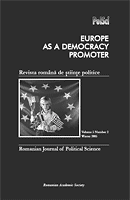
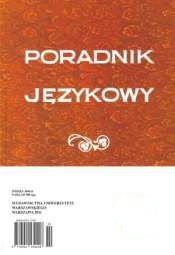
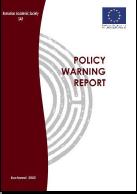
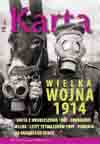
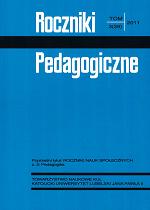
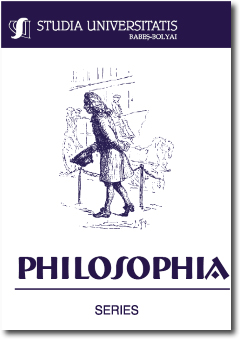
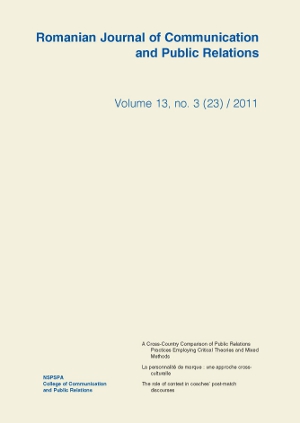
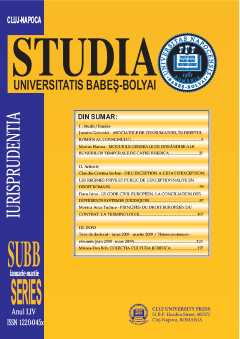
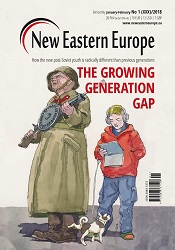
Keywords: Ukrainian migration in Poland; migration; Poland
It is difficult to determine the exact number of Ukrainian migrants arriving to Poland, but their presence is visible. In Wrocław, a city with slightly less than 630,000 residents, between 51,000 and 64,000 are Ukrainian – that is around one in every ten residents.
More...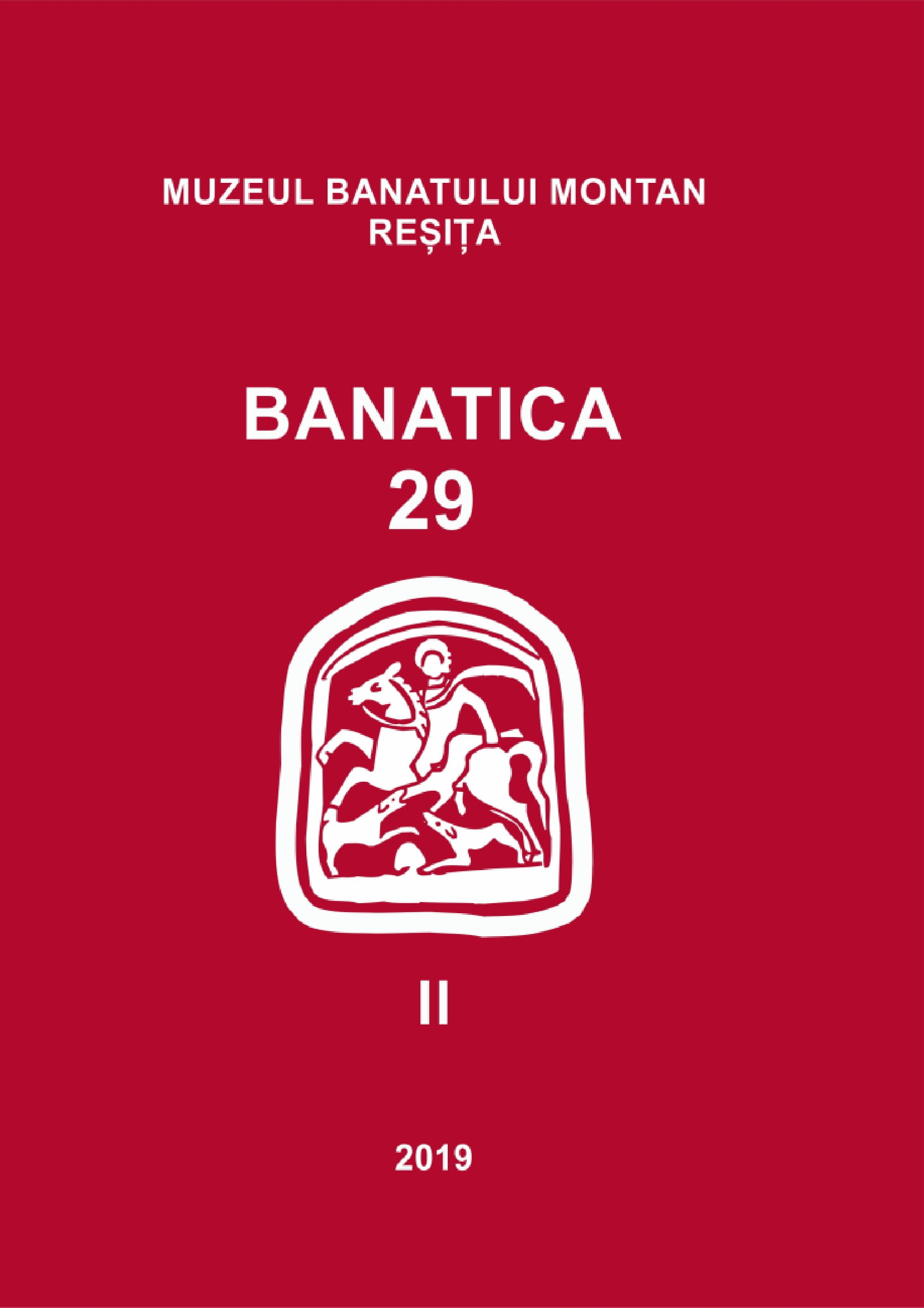
Keywords: Banat; Karansebes; Flore; genealogical table; nobility;
The family of Flore is documentary attested in 1528. The preserved documents do not allow us to reconstitute a coherent and complete genealogy, but come with information on anthroponyms, the way they were related to other families, their fortune and functions in the course of time. The existence of the eight individuals is unequally put in light by papers and their relationship is rarely specified. The family lived and integrated in a preponderant Romanian milieu. The family’s real patrimony consists in shares of villages, houses, and mills in the district and town of Caransebeș. The family got gold of those share through matrimonial alliances (wives’ dowry) or by holding them as security. The Flores and the strong family of Fiath of Armeniș were co-owners in 10-15 villages, a reason of lots of conflicts concerning the papers and right of owning. The family was deprived of the possession in the Banat in 1658 with the Ottoman conquest.The family’s members’ access to local dignities confirms the social ascension of the family: castellan of the district of Caransebeș and mayor of the homonymous town. The series of testimonies concerning the family of Flore’s presence in the Banat ends in 1700.
More...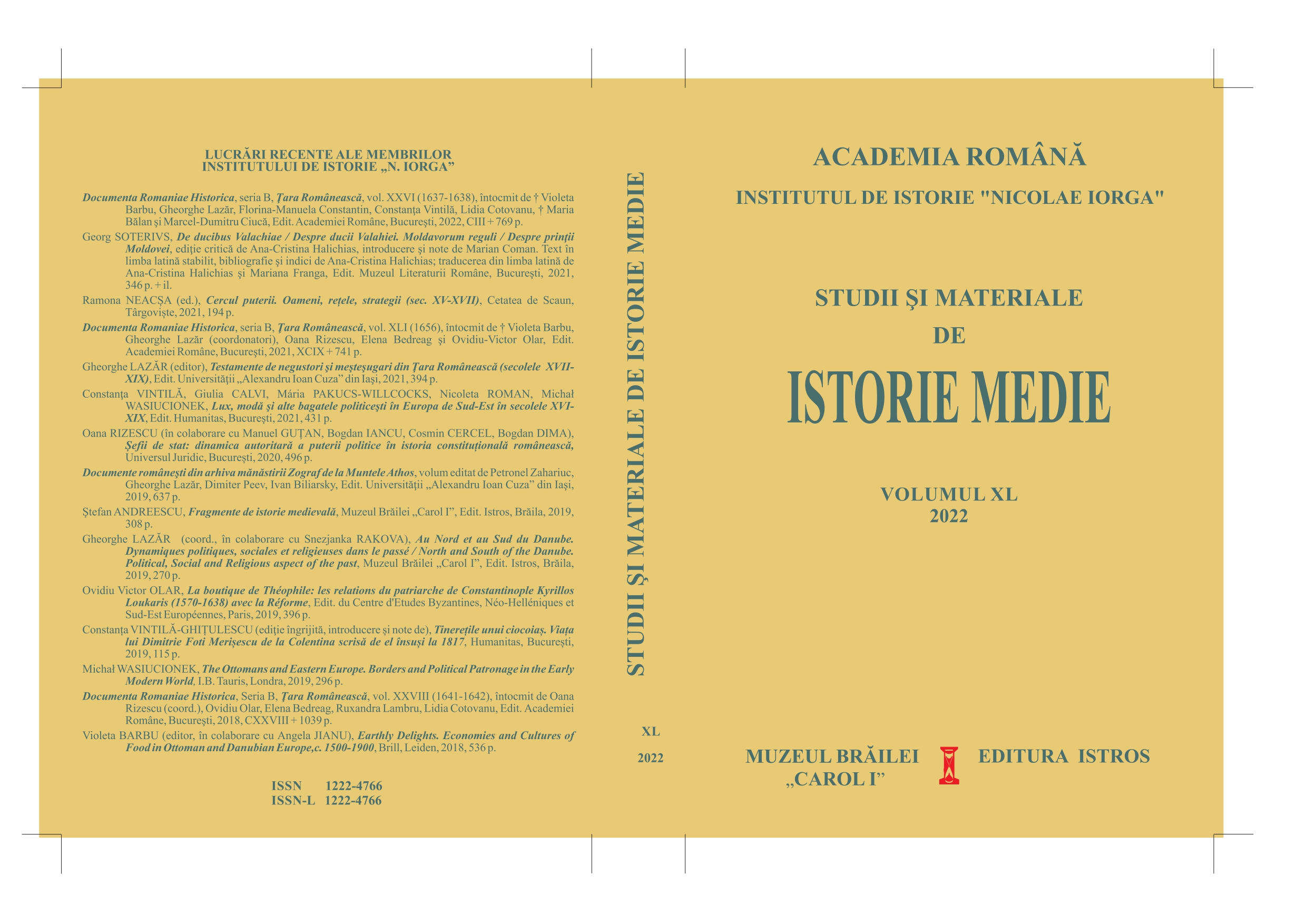
Keywords: Bibliographical Index; Volumes XXXI (2013) – Xl (2022);
Bibliographical Index of the Volumes XXXI (2013) – Xl (2022)
More...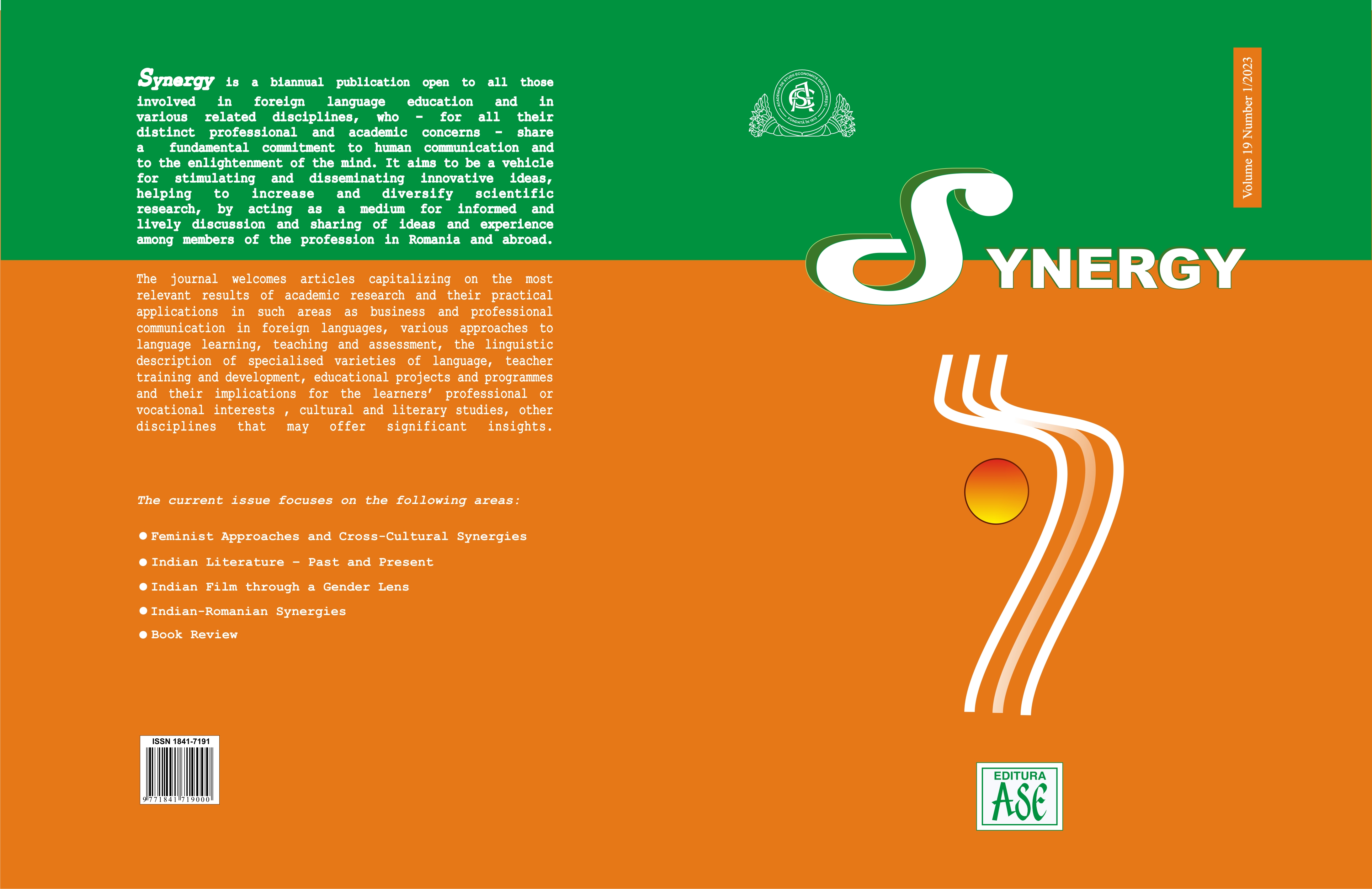
Keywords: contemporary British literature;
This review introduces the reader to a remarkable study on recent British fiction, which “proposes a new interdisciplinary approach to the representations of London in contemporary British literature by exploring the interplay between reality and fiction in mapping the urban imaginary”. By means of correlating geocriticism, spatial literary studies and memory studies, Alina Cojocaru’s research “conducts a geocritical analysis of London in recent British literature published between 1975-2005, exploring the literary representations of the real urban restructurings prompted by the rebuilding projects aimed to revitalize the war and poverty-stricken districts of London, the reterritorialization and remapping of the metropolis by immigrants, the gentrification and displacement of communities, as well as the urban dissolution caused by terrorism”.
More...